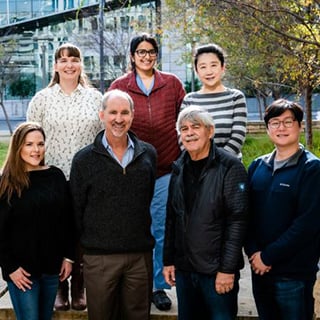It is a great honor to take care of the children of California – and beyond – with urological issues.
Where I see patients (7)
My work
-

UCSF Baskin Lab
The Baskin Laboratory investigates the causes of pediatric urological diseases present at birth or acquired later. The lab's research has a special focus on curing and preventing hypospadias, in which the urethra's opening is on the underside of the penis.
-

UpToDate
Baskin serves as section editor for pediatric urology at UpToDate, an online reference tool that provides support to health care professionals making treatment decisions based on the most current evidence. He is the first author of many chapters on pediatric urological conditions.
-

Robot-assisted urologic surgery
Baskin's pediatric urology team offers cutting-edge robot-assisted surgical techniques using the da Vinci Xi system. This has advantages for procedures such as pyeloplasty, partial and total nephrectomy, ureteral reconstruction and urachal cyst removal.
Selected research
-
Trajectories of illness uncertainty among parents of children with atypical genital appearance due to differences of sex development.
Journal of pediatric psychology
-
Neurovascular anatomy of the developing human fetal penis and clitoris.
Journal of anatomy
-
Spatial transcriptomics identifies candidate stromal drivers of benign prostatic hyperplasia.
JCI insight
Contact me
Learning never stops
Our classroom and bedside classes help kids get credit and keep learning during treatment.
See our school program





























